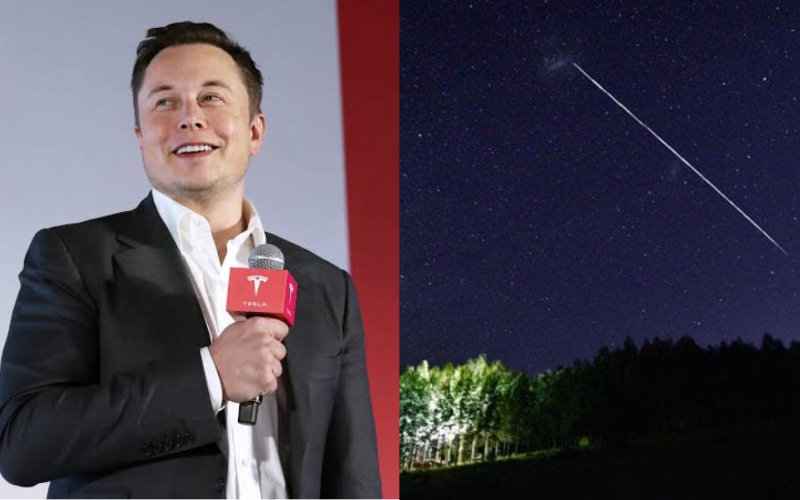According to Elon Musk, CEO of SpaceX, nearly 100 Starlink internet terminals are currently in use in Iran.
As Iranian authorities imposed increasingly strict access restrictions in what activists called a campaign to limit information about protests that had broken out nationwide, the tycoon had pledged to introduce the satellite internet network to the nation in September.
“Approaching 100 Starlinks active in Iran,” Musk tweeted Monday.
Users below can access the internet through Starlink’s network of more than 2,000 minuscule satellites that orbit just a few hundred kilometers above Earth.
The basic routers that produce tiny wifi hotspots are then connected to the land-based terminals.
After delivering thousands of Starlink terminals to Ukraine in the days following Russia’s invasion, controversal billionaire Musk earlier this year earned the title of hero in that nation.
There are currently 20,000 of the diminutive white receivers spread out across Ukraine.
In response to a user whose video they claimed was shot in the “streets of Iran,” where there is now “more freedom for the women to choose whether or not they cover their hair,” Twitter CEO Musk posted a message on Monday.
The post appeared to refer to the worldwide demonstrations that broke out after Mahsa Amini, an Iranian-Kurdish woman, 22, was killed in September after being detained in Tehran for allegedly violating the strict dress code that is in place there.
According to the UN, Iran has launched a crackdown that has resulted in approximately 14,000 arrests, while Iran Human Rights (IHR), a Norwegian organization, claims 469 protesters have been killed.
Early in December, the nation’s top security agency reported that over 200 people had died, including security personnel.
Before cracking down on apps like the Google Play Store and Virtual Private Networks (VPNs), the authorities already imposed access restrictions on Instagram and WhatsApp, which were the last uncensored social media services as of this autumn.
Iranians have used VPNs for years to access websites that are blocked there; even government officials, such as the foreign minister, have Twitter accounts despite the fact that Twitter is restricted in Iran.











